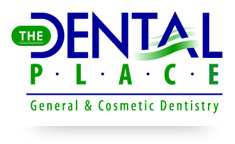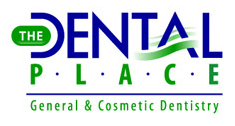25 Sep Detriment of not diagnosing, discussing and treating wisdom teeth impactions
Wisdom teeth may no longer serve any useful purpose in the mouth, but they nonetheless form part of our biological makeup, and almost everyone will experience the ingress of wisdom teeth.
The third molar is the largest of all teeth in the mouth, and while useful to our ancestors, the evolution of humans has resulted in smaller jaws and jawbones, and as such our jaws are often too small to accommodate the wisdom teeth.
Wisdom teeth can cause a host of issues within the oral cavity when they fail to properly emerge into a patient’s mouth, and many people will suffer from an impacted wisdom tooth. For some, impacted wisdom teeth cause no real issues, but for others, they can lead to intense pain, infection and more.
Some wisdom teeth become trapped in the gum tissue, usually because another tooth is preventing the wisdom tooth from properly emerging. Occasionally, part of the wisdom tooth will protrude through the gum tissue, creating pockets where bacteria can collect. Over time the bacteria can decay and erode into the tooth, downwards into the jaw bone, creating abscesses and tumours, and causing discomfort due to infection.
These bacteria can also begin to spread and affect the jaw bone tissue, leading to the weakening and loss of otherwise healthy teeth.
Wisdom teeth can cause a host of issues within the oral cavity when they fail to properly emerge into a patient’s mouth, and many people will suffer from an impacted wisdom tooth.
Wisdom teeth that do make it through the gum tissue can crowd and impact on other teeth, exerting pressure that may cause damage to other teeth, making them more susceptible to decay.
For most people, wisdom teeth begin to grow in their late-teens, and most dentists will recommend that they be removed by their mid-20s. Although some people will experience no problems as a result of impacted wisdom teeth, those who do but do not seek treatment could be creating complications in treatment should they require to be removed at a later stage.
Regular dental x-rays in a person’s teens can provide a dentist with a pretty accurate picture of the chances of impacted wisdom teeth developing, and the likelihood of requiring extraction. The procedure for extraction of wisdom teeth is relatively straightforward and usually performed under local anaesthetic.
If you are considering having your wisdom teeth removed in the Arlington TX area, contact The Dental Place to schedule an informative consultation.

